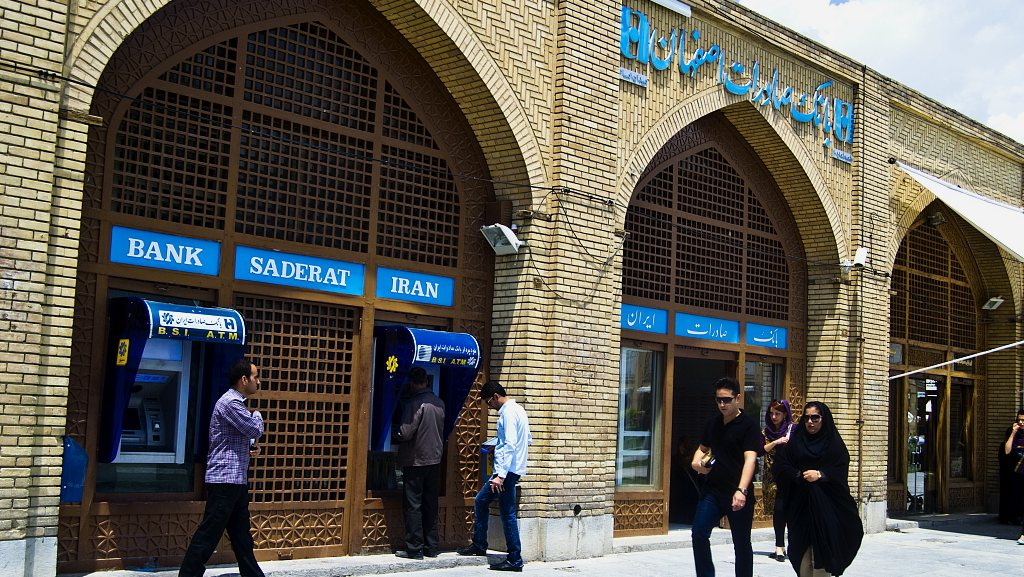
Money Stories
13:10, 28-Jan-2019
Iran cryptocurrency to provide SWIFT alternative
CGTN

Iran is reportedly on the verge of launching its own cryptocurrency, after months of research and investment into blockchain technology in a move that could bolster its sanctions-hit economy.
After state media revealed details of a planned national cryptocurrency last August, Tehran is set to reveal the new digital coin at this week's Electronic Banking and Payment System conference in the Iranian capital, according to Al Jazeera.
Iran has seen a significant shift in its stance towards blockchain and cryptocurrencies in the past year, with U.S. sanctions increasing the country's push for a digital alternative to SWIFT payment transfers.
Under the terms of November's U.S. sanctions, Iranian companies and banks can no longer use the Belgium-based SWIFT system to process cross-border or internal payments.
This has left Iranian importers and exporters isolated, forcing them to seek alternative methods of payment.
The proposed national cryptocurrency, according to Iranian financial media IBENA, would be issued by the Central Bank of Iran as a rial-backed digital currency, “developed under private blockchain infrastructure” that “cannot be mined.”
IBENA suggests that the cryptocurrency would be launched in two phases: first as an “interbank payment instrument” and later as “an instrument for retail payments” in society.
Last November, Iran entered a trilateral blockchain cooperation agreement with Armenia and Russia. Also hit by Western sanctions, Russian President Vladimir Putin has said that Moscow is “actively working” with its partners to establish alternatives to SWIFT.
Unlike highly volatile cryptocurrencies like Bitcoin which can rapidly fluctuate in value, Iran's national cryptocurrency would be centralized and regulated, and initially just used as a means of transferring payments.
Earlier this month, Saudi Arabia and the United Arab Emirates announced the launch of a joint cryptocurrency, with UAE state media reporting that it would initially be limited to banks and aim to "protect customer interests, set technology standards and assess cybersecurity risks."

SITEMAP
Copyright © 2018 CGTN. Beijing ICP prepared NO.16065310-3
Copyright © 2018 CGTN. Beijing ICP prepared NO.16065310-3